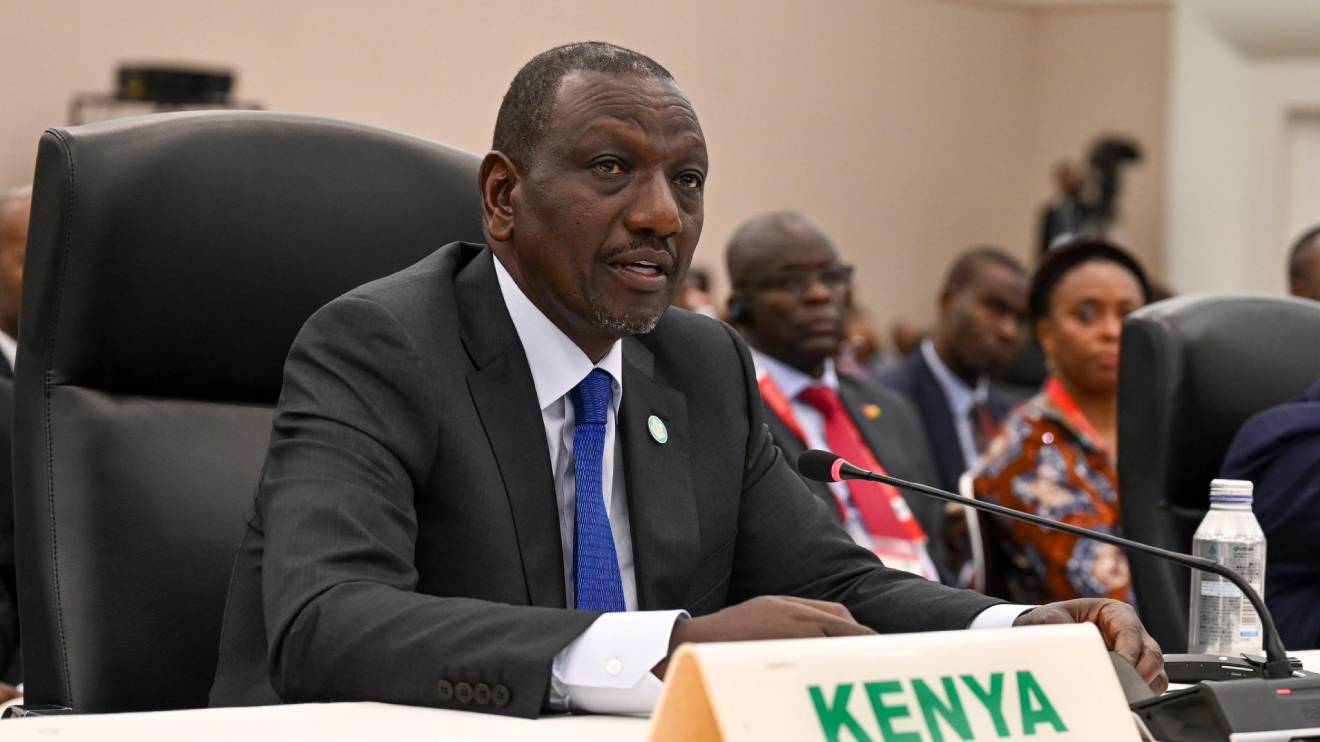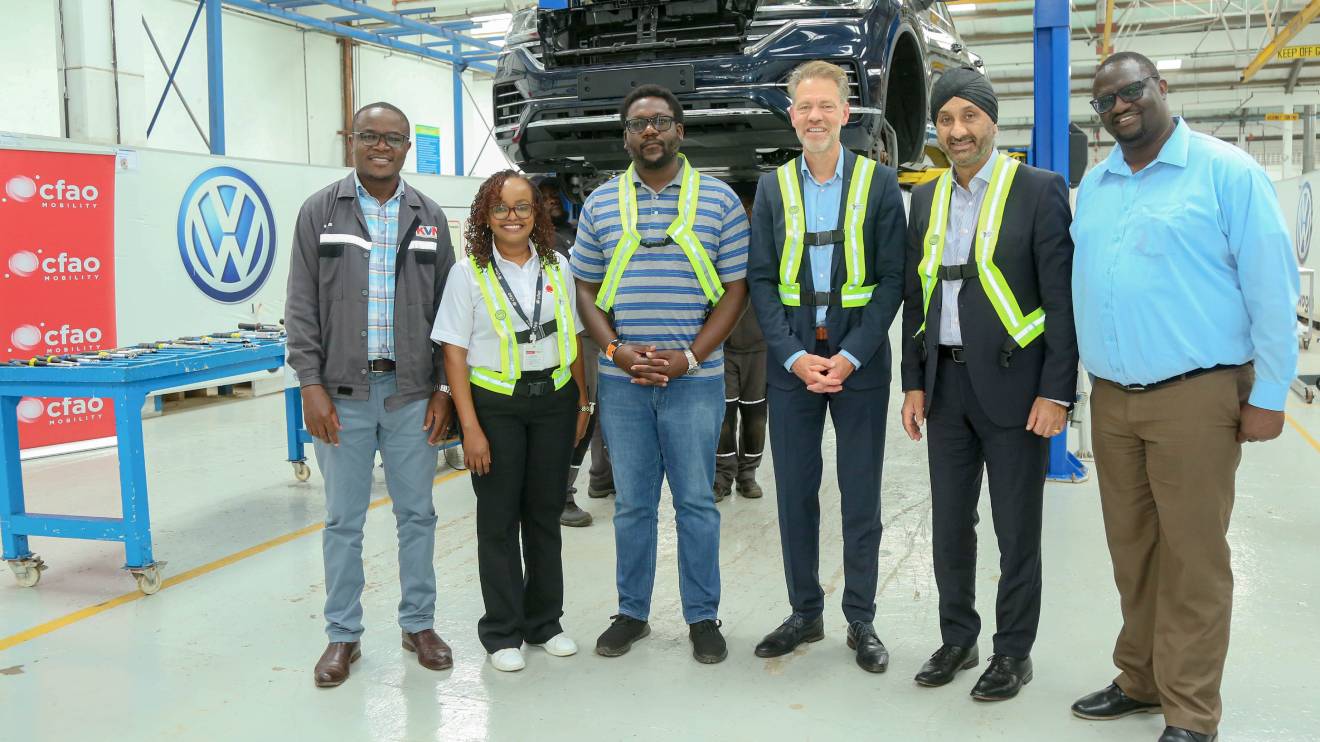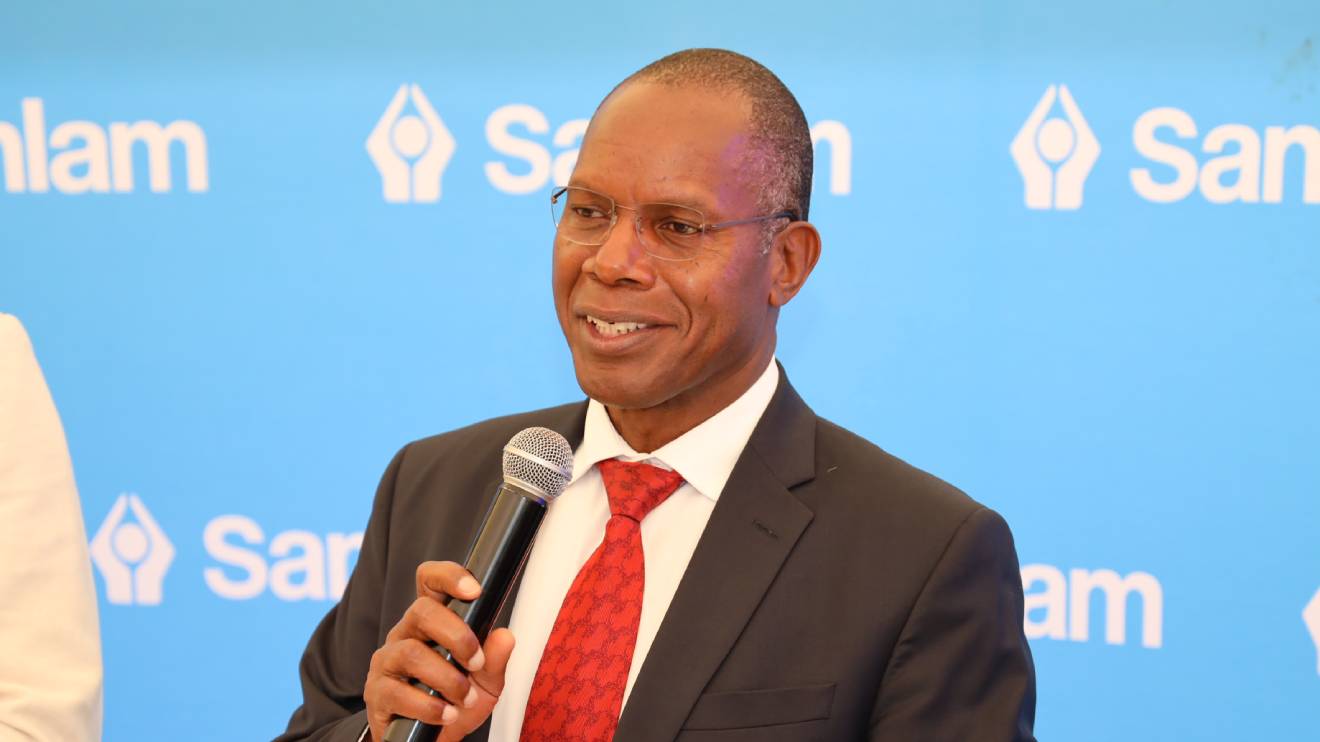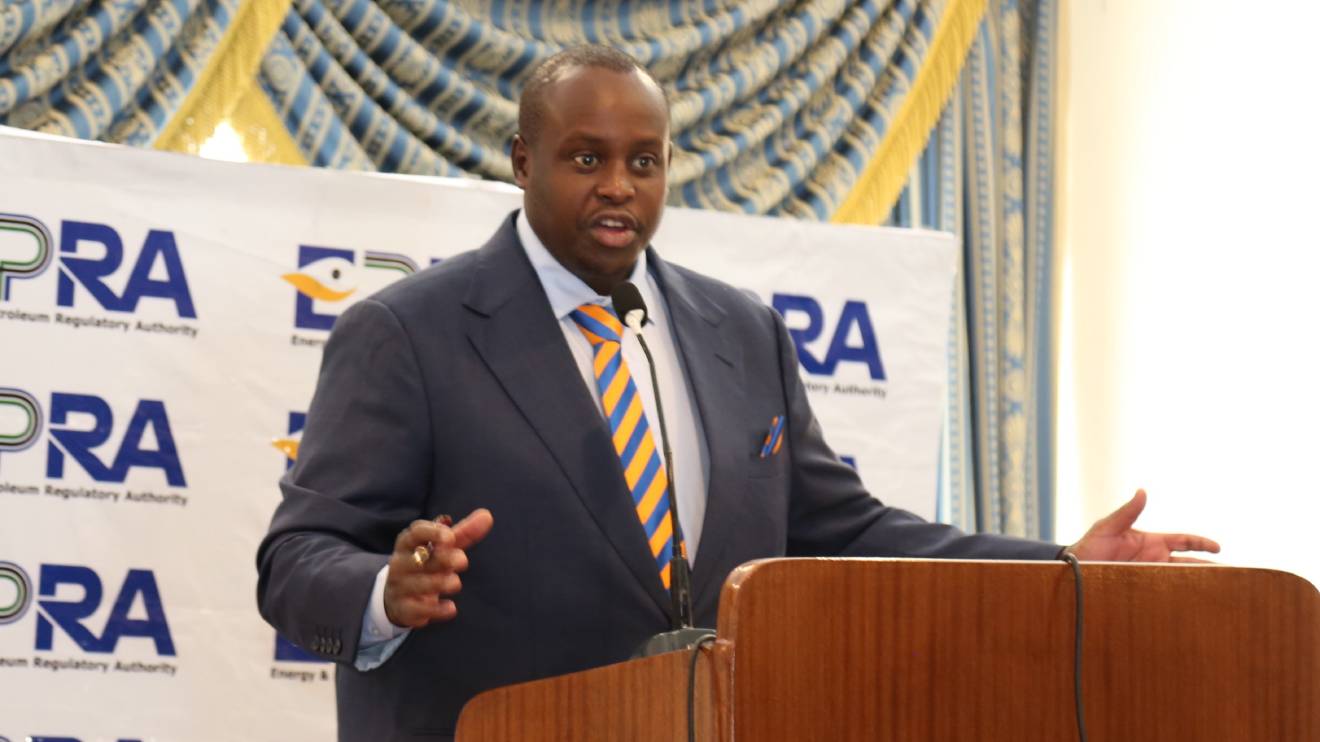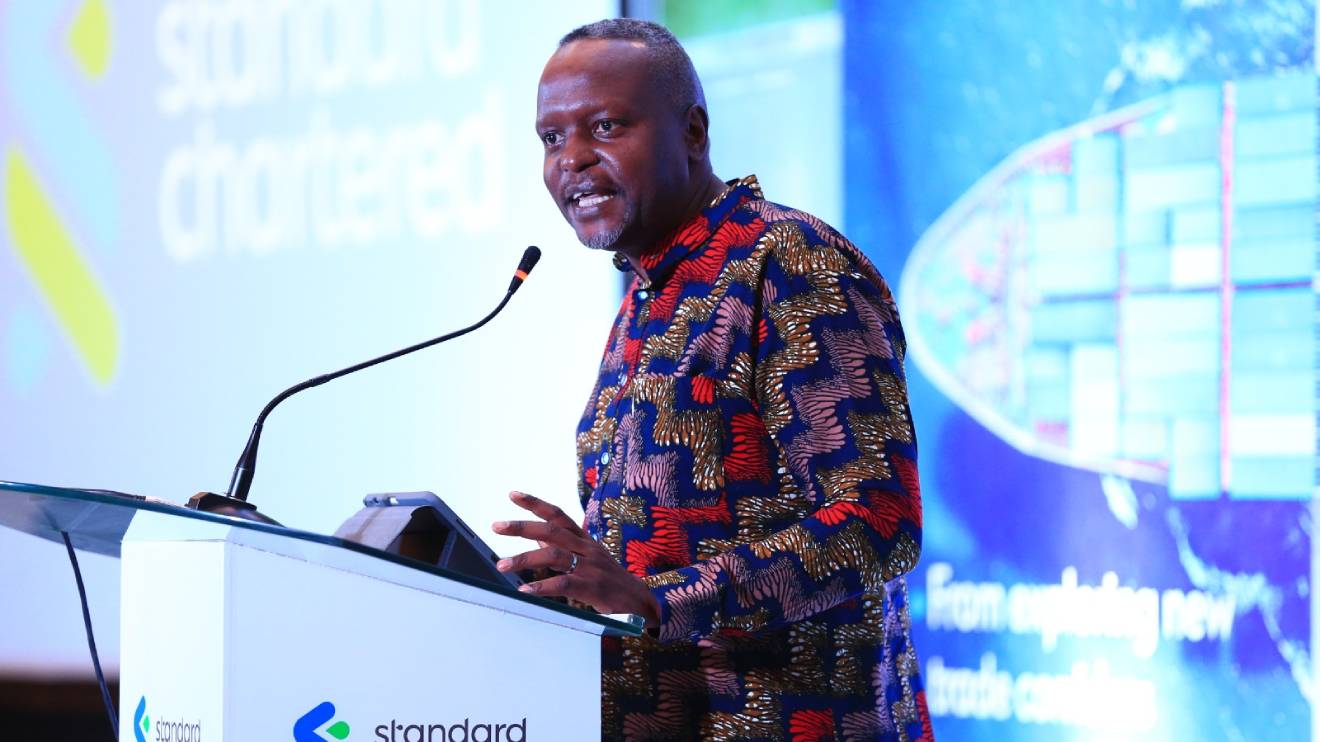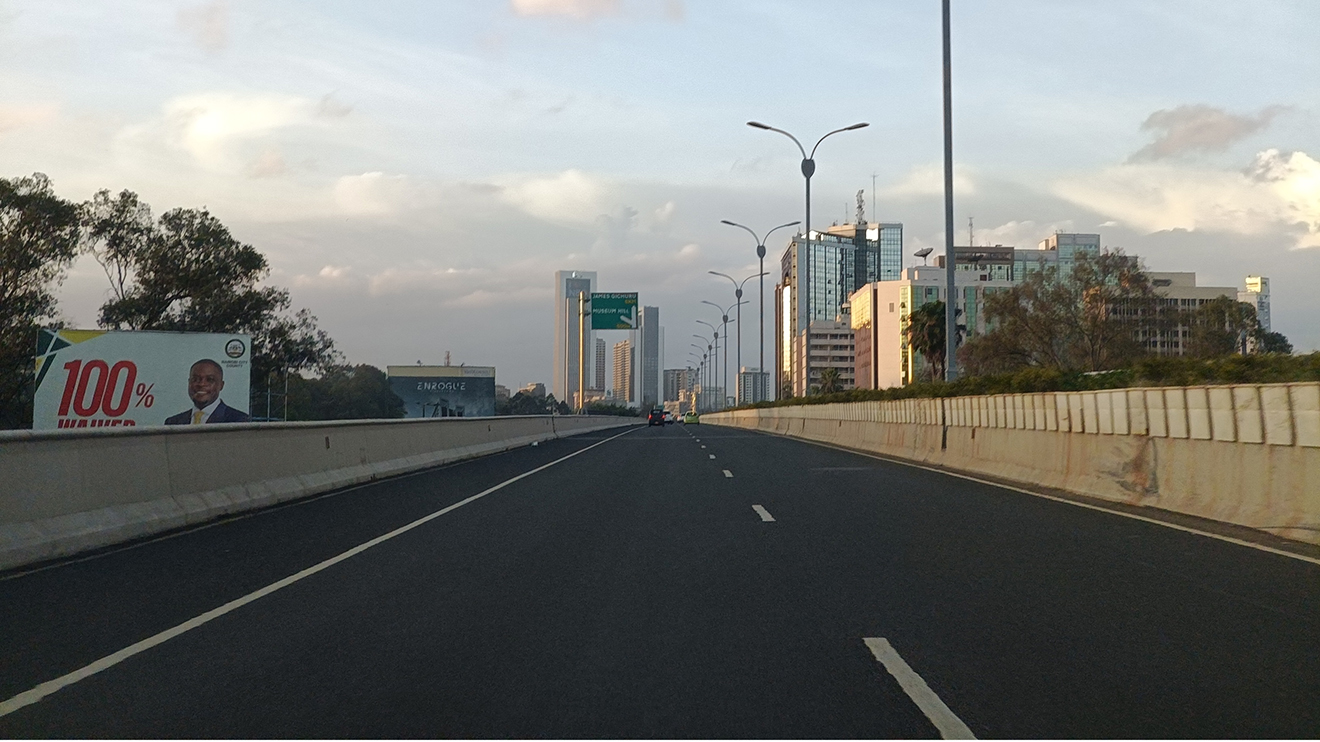President William Ruto has urged Japan to expand its investment footprint in Kenya, unveiling a broad cooperation plan as he addressed the opening of the TICAD 9 summit in Yokohama.
Japan, which has already channelled more than Sh646 billion into Kenya in development support over the past five decades, remains a crucial partner.
The East Asian nation was Kenya’s third-largest source of foreign direct investment last year, providing Sh26.5 billion.
Trade between the two countries has also been on an upward trajectory, reaching Sh117.9 billion in 2024, a 33 per cent increase from the year before.
At present, 123 Japanese companies operate in Kenya across manufacturing, renewable energy and other key industries.
Read More
Ruto told the gathering that his administration had identified five areas where closer cooperation with Tokyo would accelerate Kenya’s Vision 2030 and the Bottom-Up Economic Transformation Agenda.
The first, he said, is digitalisation.
Kenya is building innovation hubs and enhancing digital skills, with the goal of creating more than one million technology-related jobs while positioning itself as a global outsourcing and software centre.
Healthcare formed the second pillar of his appeal.
He invited Japanese support to broaden Universal Health Coverage (UHC), strengthen diagnostics and research, and integrate technology to improve financing efficiency.
On agriculture, Ruto said Kenya is ready to introduce precision farming and smart irrigation systems, stressing that Japanese expertise would be vital in achieving higher yields and better incomes for farmers.
The automotive sector, particularly electric vehicle assembly and charging networks, was cited as another opportunity for joint ventures, with Kenya hoping to tap into Japan’s advanced automotive technologies.
In addition, the President called for collaboration in renewable energy and clean cooking solutions, emphasising Kenya’s ambition to be a leader in the green economy.
He highlighted the Sh14.9 billion Japanese-backed Olkaria VII geothermal project as proof of what the two countries can achieve together.
Despite global turbulence, Ruto projected Kenya’s economy to expand by 5.6 per cent this year, crediting the stability of the shilling and low inflation for creating an attractive investment climate.
He also pointed to the Green Investment Fund launched by the Kenya Development Corporation, which will channel Sh5.2 billion into environmentally sustainable ventures.
“Kenya is open for business,” he said, inviting Japanese investors to take advantage of opportunities in the country.
He further reminded delegates that Kenya has signed the Africa Continental Free Trade Area (AfCFTA) agreement and economic partnerships with the European Union, the United States and the United Kingdom, collectively unlocking vast markets for goods and services.
The Yokohama summit reaffirmed Kenya’s position as a strategic partner for Japan in Africa, with Ruto’s message underscoring that Nairobi intends to harness the relationship to drive growth in multiple sectors.

